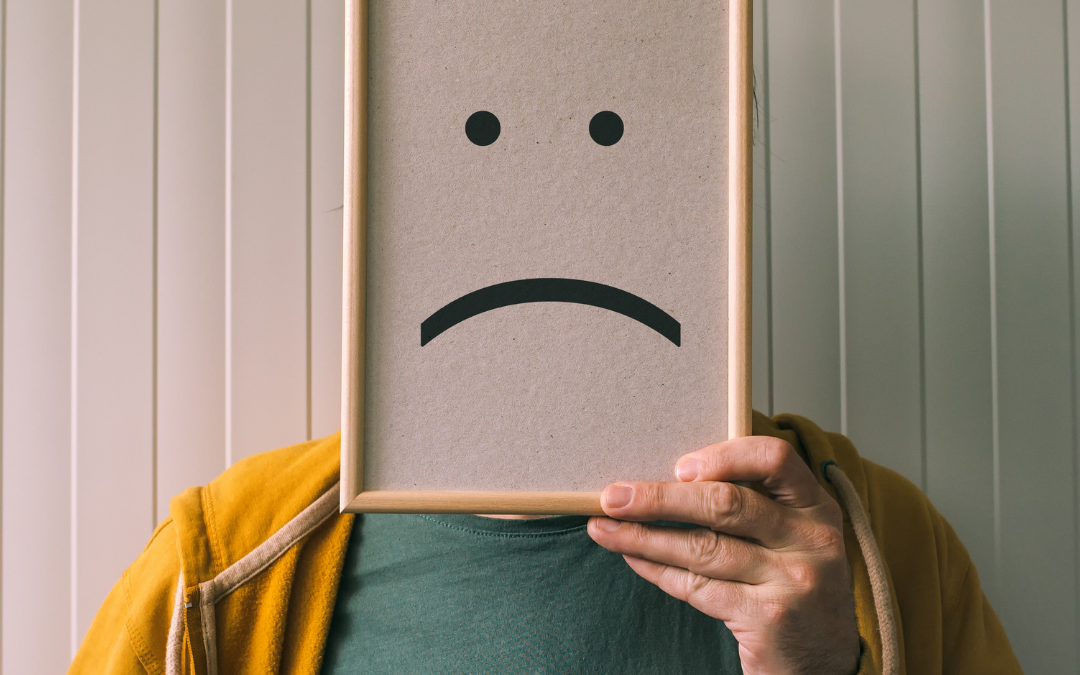When it comes to depression, biological sex plays a major role in how men and women experience this mental health disorder. In addition, men and women often experience different signs and symptoms of depression. Understanding these differences contributes greatly to understanding how depression differs in men and women, and how to better prevent and treat it.
Signs of Depression in Women
In part due to female hormones, women are twice as likely to develop depression than men. Women are normally more in tune with their emotions, and expressing them as so. When a woman is sad, it’s more likely that they will express these emotions and feelings to a friend or family member. They also express these feelings through negative self-talk and crying.
Another common sign of depression in women is an eating disorder. Oftentimes, these two go hand-in-hand and coexist. The eating disorder can sometimes show physical clues to what is going on, such as extreme weight loss and not eating, even if the depression is hidden.
Women are also more likely to ruminate or dwell on negative feelings when depressed. This tends to increase their depression, along with their symptoms.
Signs of Depression in Men
Signs of depression in men can be harder to detect than those in women. Men are more likely to have high functioning depression and hide or deny their unhappiness, which can cause the illness to go overlooked. Men are also more likely to self-medicate with alcohol or illegal drugs. Men are also more likely to express their depression through anger, unlike women who normally express depression as sadness.
The signs of depression in men are harder to detect, therefore men can often go undiagnosed until they’re experiencing severe depression. Men are also more likely to commit suicide and leave behind loved ones who were clueless about how unhappy they were.
Why are Men Ignoring Their Symptoms?
From an early age, men are often taught to compress sad emotions. The incorrect belief is that sad thoughts and feelings are a weakness. However, being aware of these emotions can lead to early intervention and a better outcome than suppressing emotions. The key takeaway here is that we should be educating both men and women about mental health and encouraging them to seek help when they need it.
If you struggle with mental health issues, like depression, contact our ketamine infusion therapy center today for a free consultation, or simply complete the brief form below and a member of our clinical team will reach out to answer your questions, determine if you’re a candidate for ketamine infusion therapy, and address your concerns.

Contact Ketamine Greater Boston
Contact our ketamine infusion therapy center today for a free consultation, or simply complete the brief form below and a member of our clinical team will reach out to answer your questions and address your concerns.


Recent Comments